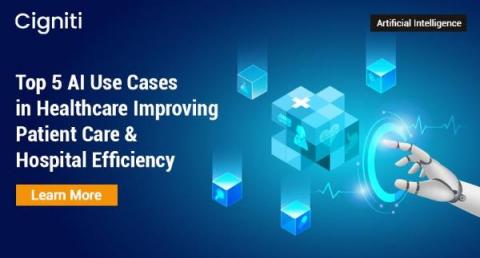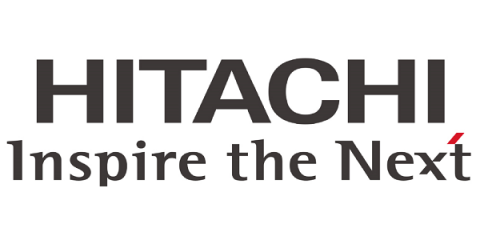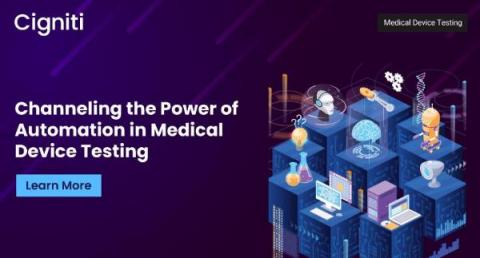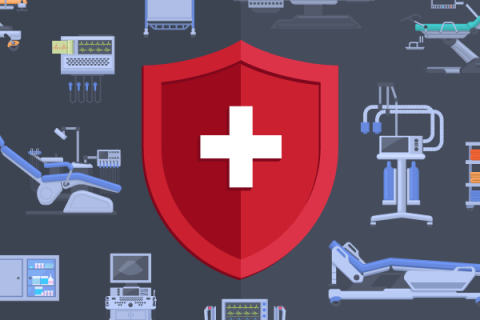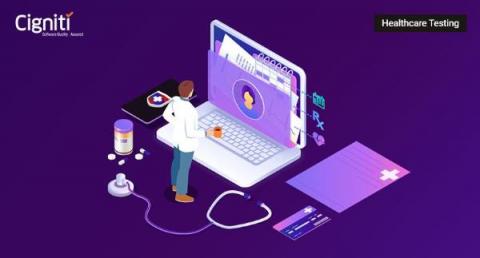Systems | Development | Analytics | API | Testing
Healthcare
Top 5 AI Use Cases in Healthcare for Improving Patient Care & Hospital Efficiency
Artificial Intelligence (AI) is revolutionizing the way healthcare is delivered today. The industry’s data-driven evidential approach to medicine combined with AI is set to transform both the practice of medicine and how the treatment is delivered. AI is already being used to reinvent how people manage their health and access care, automate care delivery plans, and help with tedious tasks.
How Embedded Systems Impact Everyday Life
SaaS in 60 - Qlik Cloud and HIPAA Compliancy
Partnering with AWS on Amazon HealthLake to Speed Insights
Gaps in patient healthcare, ranging from access and affordability, to those specific to race, gender, age and beyond, are widening across the US and leading to a variety of detrimental results for people, the healthcare system, and the economy itself. Such ongoing disparities are slowing the country’s ability to achieve population health and accounting for billions of dollars in unnecessary health care spending annually.
How Digital Transformation, and Building APIs, got Faster
Channeling the Power of Automation in Medical Device Testing
According to Cynerio’s 2022 State of Healthcare IoT Device Security Report, 53% of internet-connected medical devices analyzed had a known vulnerability, while one-third of bedside devices had a critical risk. (Cynerio observed over 10 million medical devices at over 300 hospitals and medical facilities across the world). As per the findings, more than half of health enterprise-connected medical devices pose security risks due to critical flaws that could jeopardize patient care.
Building Secure and Scalable Healthcare Data Pipelines
Medical Device Security Best Practices
An Overview of HIPAA Compliance Testing in Software Applications
Are you using any software that is related to an individual’s information? Anything that deals with patient data? Any applications or tools that deal with the data of a person or a group of people? If your answer is yes, then this question is for you. How compliant is your company’s software with HIPAA while dealing with all those details?



